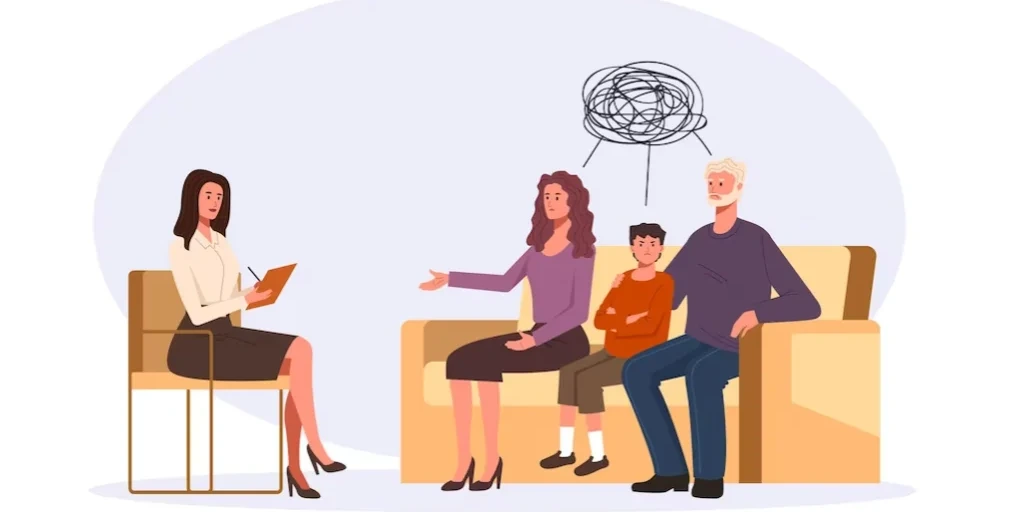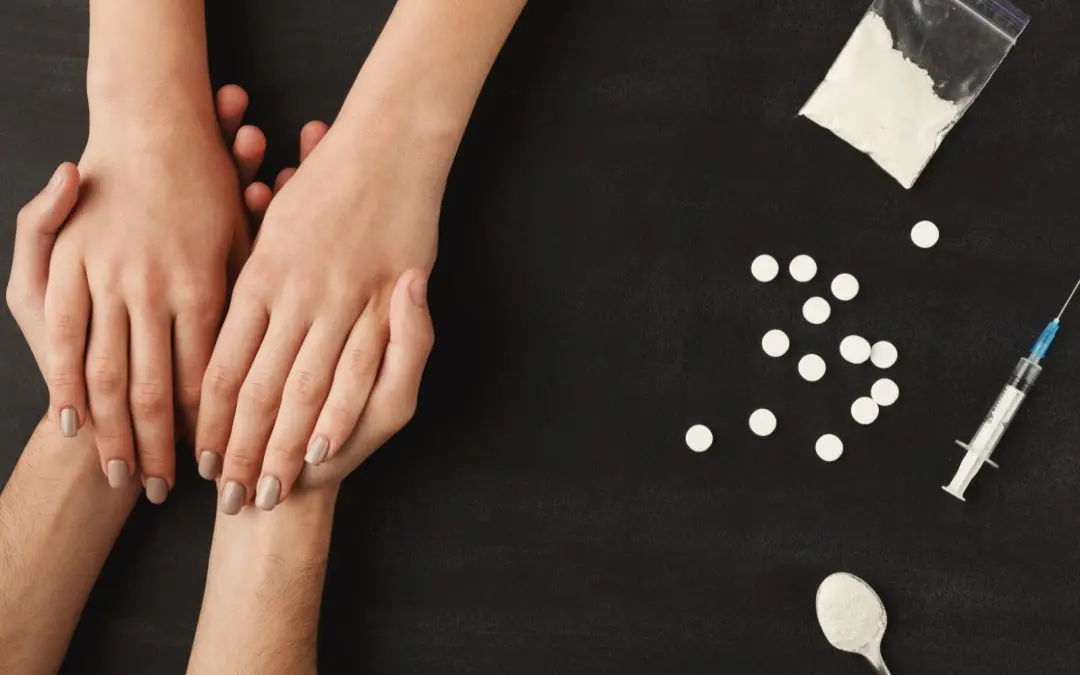24/7 Helpline:
(866) 899-221924/7 Helpline:
(866) 899-2219
Learn more about Prescription drug Rehab centers in Union
Prescription drug Rehab in Other Cities

Other Insurance Options

United Health Care

Choice Care Network

Private insurance

Meritain

Kaiser Permanente

BlueShield

Highmark

Cigna

Health Partners

Excellus

ComPsych

EmblemHealth

Evernorth

CareSource

American Behavioral

MHNNet Behavioral Health

Holman Group

Aetna

Health Choice

Magellan Health

Woodlands Behavioral Healthcare Network
Woodlands Behavioral Healthcare Network works with individuals, families, and the community to inspi...


























































































